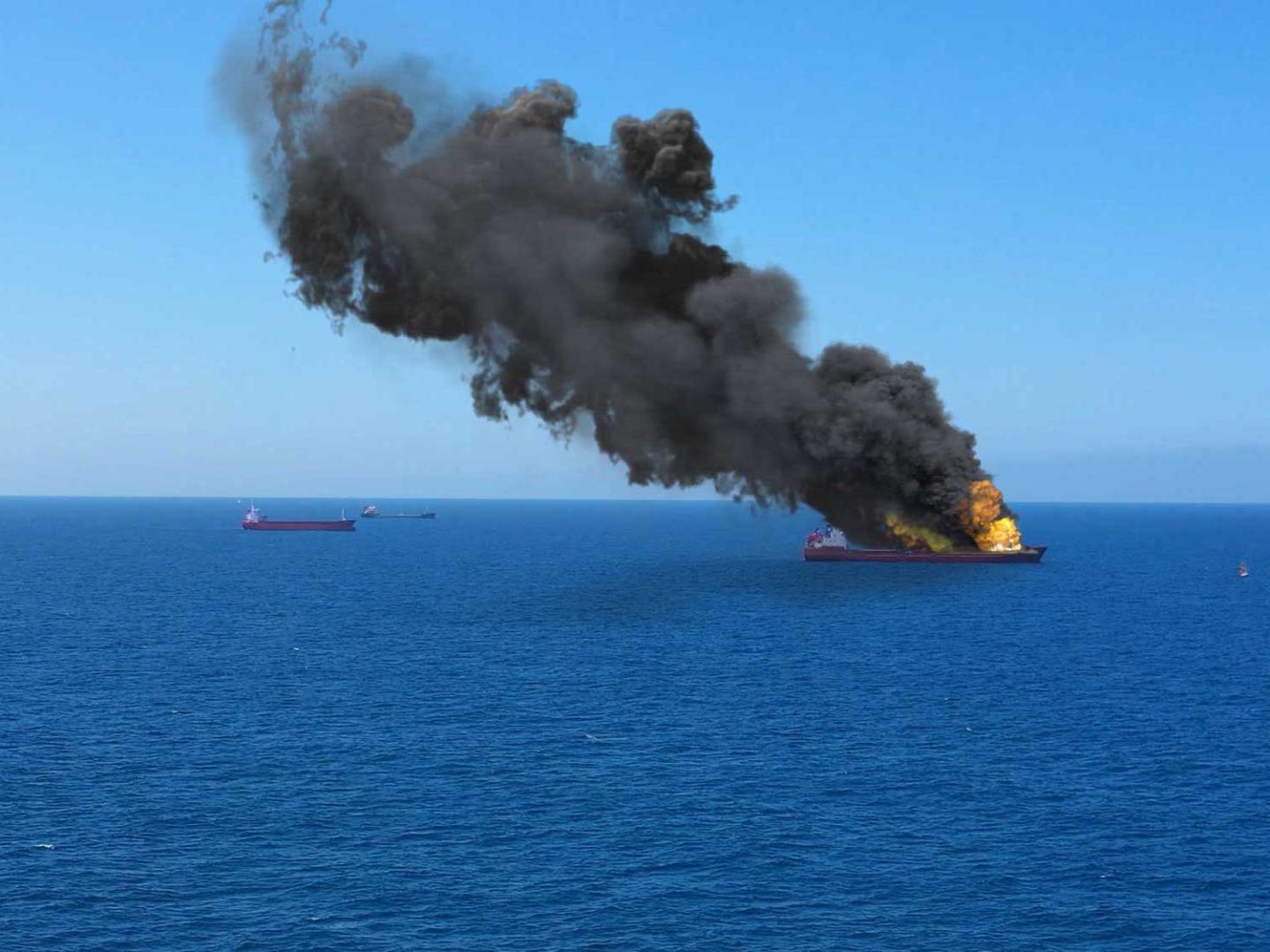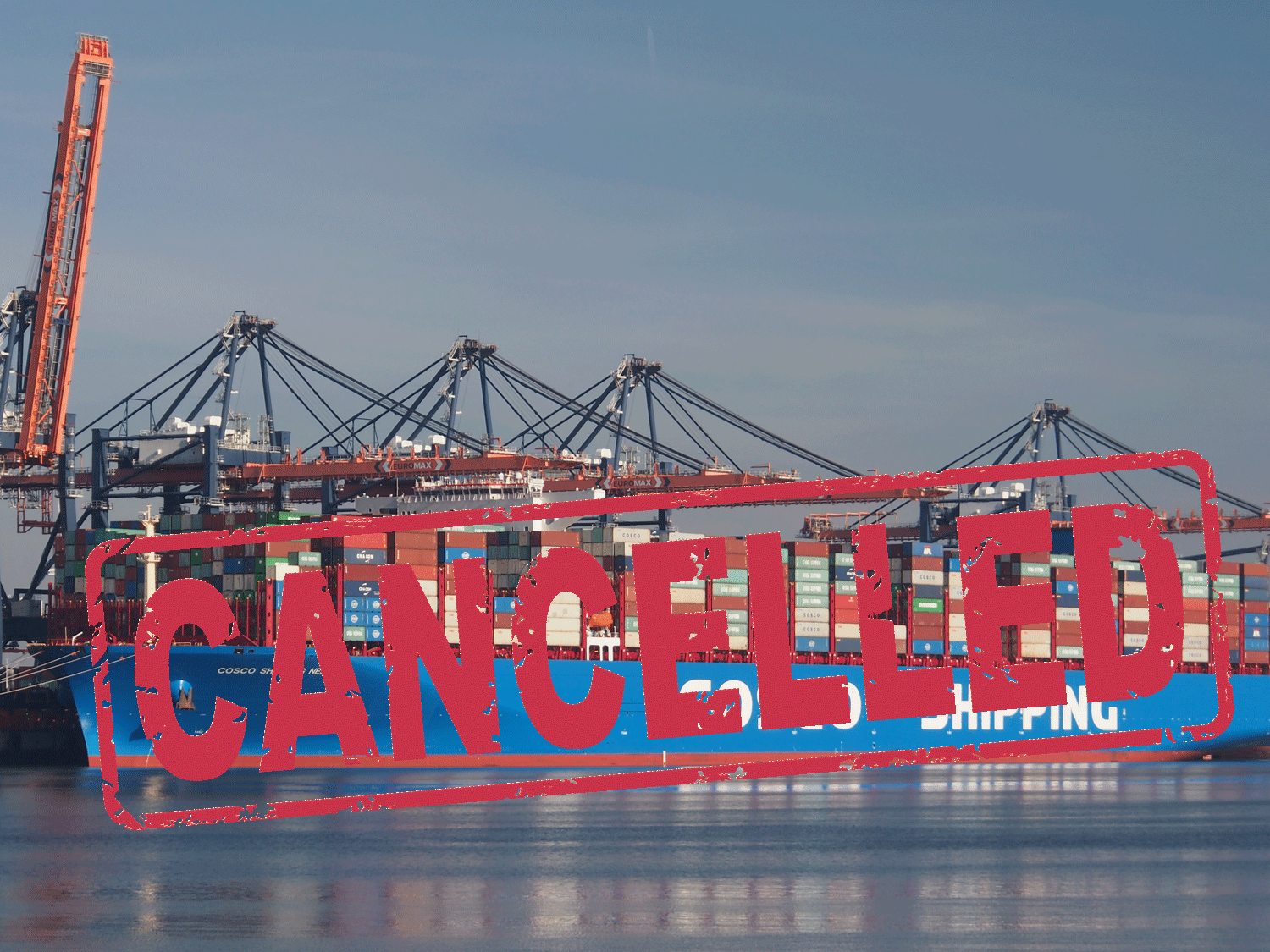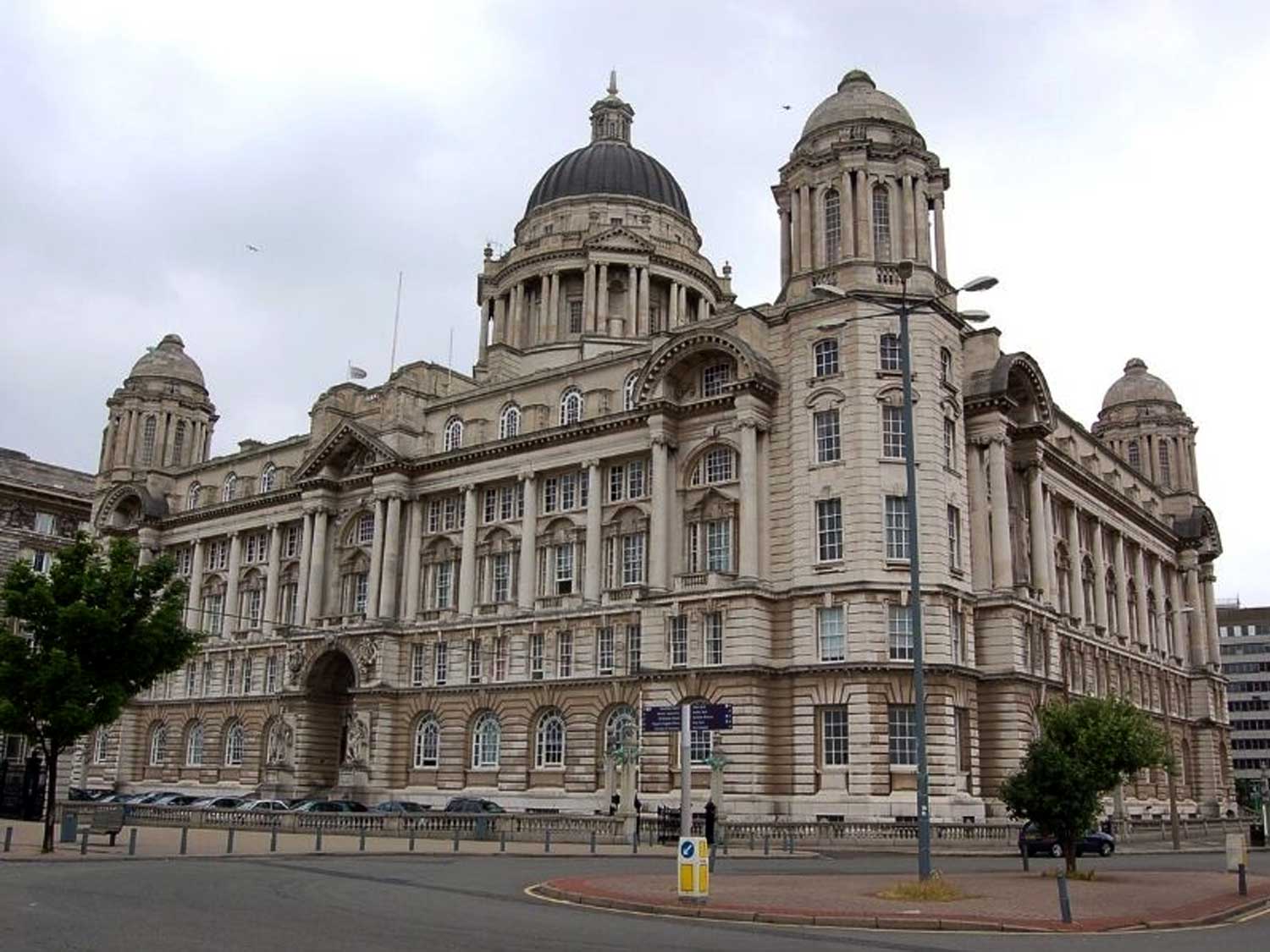The temporary closure of the Beilun Phase III Terminal at Ningbo (one of the world’s busiest container ports) following an explosion on the YM Mobility on the 9th of August, is yet another example of the fragility of global supply chains and the inevitable ripple effects such events have on shipping operations.
Even though operations resumed on the 12th of August, the brief interruption is expected to exacerbate existing congestion at major Asian ports, leading to delays and highlights the vulnerability of global trade to sudden disruptions.
Shipping schedules are likely to deteriorate further, which will directly impact the timely delivery of goods, which could lead to cascading effects across industries, particularly those with narrow sales windows, or reliant on just-in-time delivery.
While there will always be options to mitigate these delays, such as rerouting through less congested ports, the full impact of incidents like the YM Mobility fire only become apparent in the ensuing weeks. And while it’s possible to protect the business from supply chain shocks, having comprehensive marine insurance to protect the businesses from financial shocks is equally critical.
The Ningbo fire is not an isolated incident. Just two days later, on the 11th of August, another fire broke out aboard the MSC Capetown III at Sri Lanka’s Port of Colombo. This fire, which began in the under-deck cargo space, escalated to an explosion.
Despite the successful containment of the fire, the incident once again brought attention to the recurring issues of mis-declared cargo and inadequate insurance coverage.
Fires aboard container ships are not uncommon, with recent events involving the Maersk Frankfurt (in July) and YM Mobility further emphasising the need for shippers to ensure their goods are adequately protected. Mis-declaration of cargo remains a significant problem, putting both the vessel and other cargo at risk.
One critical aspect that many shippers overlook is the principle of General Average (GA). In the event of an emergency where costs are incurred to protect the vessel and complete the voyage, all cargo owners are expected to contribute to these expenses. However, without proper marine insurance, shippers may find themselves liable for significant costs, even if their own cargo was not directly damaged.
Shippers must recognise that relying solely on the limited coverage offered by freight forwarders or carriers is insufficient. Comprehensive marine insurance, such as Metro’s All Risks cover, offers essential protection against total loss, damage, and GA declarations, safeguarding businesses from potentially catastrophic financial losses.
In conclusion, the recent fires at ports like Ningbo and Colombo serve as a critical reminder of the vulnerabilities within the global supply chain. Businesses need to be prepared for disruptions and protect their financial interests with adequate marine insurance, ensuring that they can weather the inevitable storms that arise in global shipping.
When General Average is called, the consignee will need to provide security for the cargo’s proportion of the General Average, typically a percentage-based deposit, or an Underwriter’s Guarantee.
Metro’s All Risk marine insurance covers the full value of your goods and protects you against all loss of cargo and the risk of General Average, including your Underwriter’s Guarantee.
For further information on our marine insurance cover and to ensure that you have full liability, please EMAIL Laurence Burford, Chief Financial Officer.





